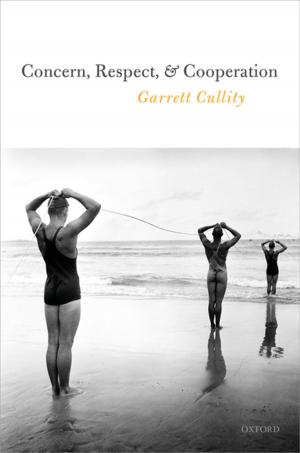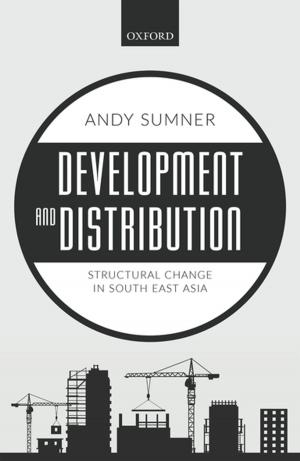The Adaptive Landscape in Evolutionary Biology
Nonfiction, Science & Nature, Science, Biological Sciences, Genetics, Evolution| Author: | ISBN: | 9780191631672 | |
| Publisher: | OUP Oxford | Publication: | May 17, 2012 |
| Imprint: | OUP Oxford | Language: | English |
| Author: | |
| ISBN: | 9780191631672 |
| Publisher: | OUP Oxford |
| Publication: | May 17, 2012 |
| Imprint: | OUP Oxford |
| Language: | English |
The 'Adaptive Landscape' has been a central concept in population genetics and evolutionary biology since this powerful metaphor was first formulated by Sewall Wright in 1932. Eighty years later, it has become a central framework in evolutionary quantitative genetics, selection studies in natural populations, and in studies of ecological speciation and adaptive radiations. Recently, the simple concept of adaptive landscapes in two dimensions (genes or traits) has been criticized and several new and more sophisticated versions of the original adaptive landscape evolutionary model have been developed in response. No published volume has yet critically discussed the past, present state, and future prospect of the adaptive landscape in evolutionary biology. This volume brings together prominent historians of science, philosophers, ecologists, and evolutionary biologists, with the aim of discussing the state of the art of the Adaptive Landscape from several different perspectives.
The 'Adaptive Landscape' has been a central concept in population genetics and evolutionary biology since this powerful metaphor was first formulated by Sewall Wright in 1932. Eighty years later, it has become a central framework in evolutionary quantitative genetics, selection studies in natural populations, and in studies of ecological speciation and adaptive radiations. Recently, the simple concept of adaptive landscapes in two dimensions (genes or traits) has been criticized and several new and more sophisticated versions of the original adaptive landscape evolutionary model have been developed in response. No published volume has yet critically discussed the past, present state, and future prospect of the adaptive landscape in evolutionary biology. This volume brings together prominent historians of science, philosophers, ecologists, and evolutionary biologists, with the aim of discussing the state of the art of the Adaptive Landscape from several different perspectives.















